Cognitive-behavioral therapy empowers teens to fight back against OCD.
Obsessive Compulsive Disorder (OCD) is an anxiety disorder that is oftentimes misdiagnosed or undiagnosed in teens, especially because they may be able to hide ritualistic behaviors or their parents might think certain behaviors are just a phase. Teens with OCD have unwanted thoughts that they try to alleviate through performing compulsive rituals such as counting, washing, checking, and ordering. Though most teens recognize that these thoughts and rituals are irrational, they are very difficult to manage, which may lead to a teen feeling “crazy” or “different.” Consequently, many teens with OCD exhibit low self esteem, social withdrawal, and difficulty concentrating at school.
Cognitive-behavioral therapy (CBT) empowers teens to fight back against OCD, developing tools and self confidence in resisting urges to give into its demands. In working with a counselor, parents and teens learn that OCD is like a “brain hiccup” that keeps coming back, tricking you into engaging in compulsions to feel safe or “just right” again. Exposure and Response Prevention (ERP), a specific type of CBT, is a highly effective, empirically validated treatment for OCD. In working with a skilled psychologist, teens with OCD will learn to apply the principles of ERP to reduce the negative impact of OCD on their day-to-day functioning. ERP involves gradual exposure to obsessive thoughts and fears, while refraining from compulsions and safety behaviors used to temporarily reduce anxiety. Psychologists form a strong therapeutic alliance with teens during this process, providing encouragement and gentle “pushes” as needed, while respectfully allowing them to move at their own pace. In practicing the strategies of ERP, teens will learn to confront their fears, which will lead to long-term reduction of anxiety and “re-training” of the brain and body to respond differently when faced with anxiety.
Counselors will also work with your teen on cognitive and mindfulness strategies to increase awareness of distorted thought patterns that contribute to anxiety. Teens will learn how to create more accurate, helpful thoughts and to use their “observers mind” to create a sense of neutrality and acceptance of anxious thoughts.
